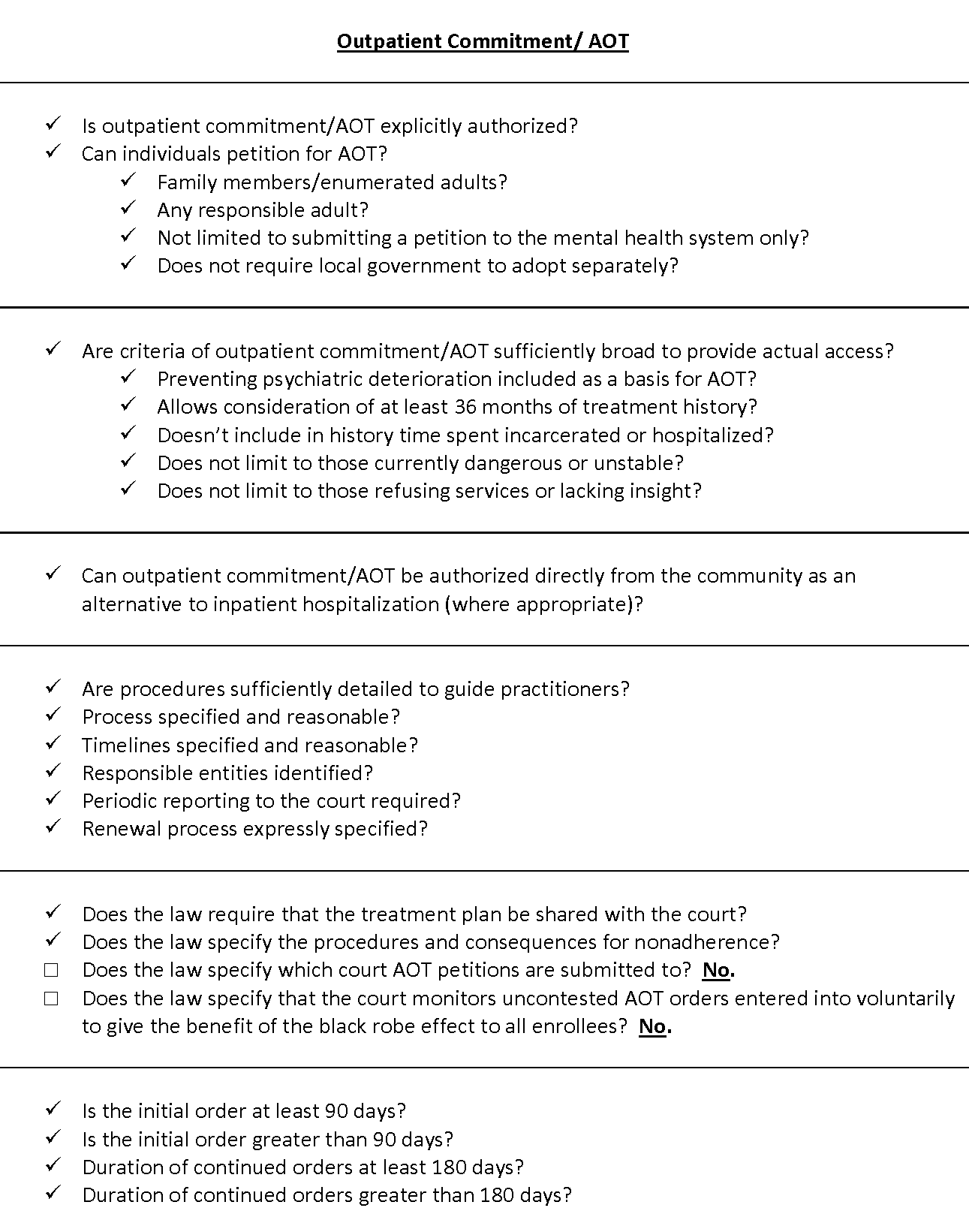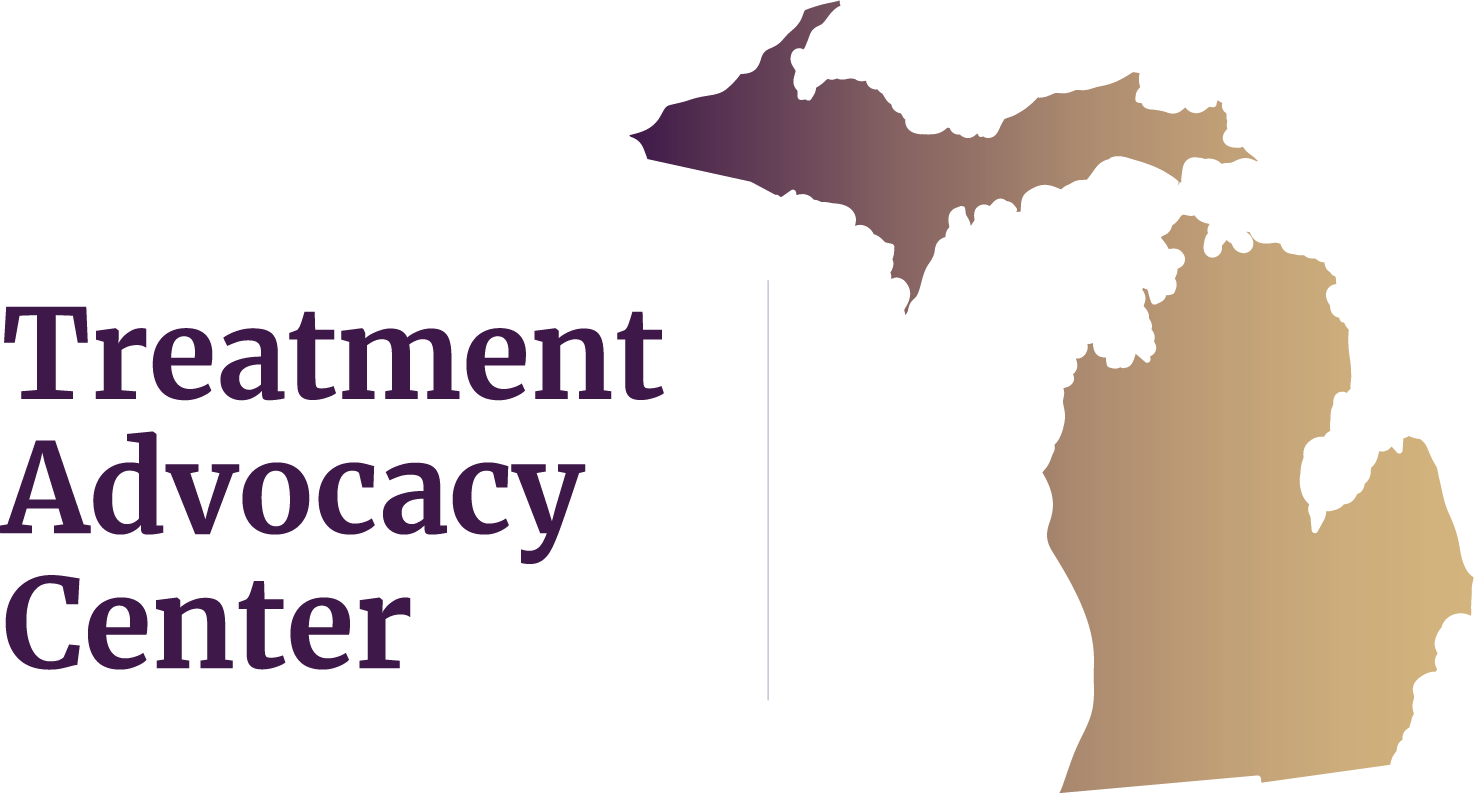Family Resources in Resources in Michigan
- Michigan Health and Human Services (michigan.gov) Resources and contacts
- Mental Health Association in Michigan (mha-mi.com) Find a crisis hotline for mental health, addiction, or LGBTQ+
- NAMI Michigan (namimi.org) Support groups, training, information
- Disability Rights Michigan (drmich.org) Protection and advocacy for individuals with disabilities
- Michigan Disability Resources (michigan.gov) Resources for individuals with disabilities
- Michigan Homeless Resources (michigan.gov) Connect with a homeless assistance specialist by region and find housing vouchers and rental assistance
- Michigan Offender Search (mdocweb.state.mi.us) Find an offender by name or MDOC number
- State Bar of Michigan (michbar.org) Legal Assistance
How many people in Michigan have SMI?
individuals with severe mental illness.
individuals with SMI who receive treatment in a given year.
of the adult population is estimated living with a SMI in the United States.
State psychiatric hospital beds in Michigan
2023 total beds: 497
- Civil beds: 204
- Forensic beds: 293
2023 beds per 100,000 people: 5
Click here for more information about state psychiatric hospital beds in Michigan.
A minimum of 50 beds per 100,000 people is considered necessary to provide minimally adequate treatment for individuals with severe mental illness. Michigan fails to meet this minimum standard.
For Additional Information
Data is a powerful tool to advocate for change. Curious about a specific data point in your state? Reach out to us at ORPA@treatmentadvocacycenter.org
Fast Facts on SMI in Michigan
Deinstitutionalization, outdated treatment laws, discriminatory Medicaid funding practices, and the prolonged failure by states to fund their mental health systems drive those in need of care into the criminal justice and corrections systems.
18%
8,931
497
18 to 1
2021 Michigan State Mental Health Agency's expenditures
Every state receives block grant funding from the federal government to provide mental health services to their community. Below is some information about how these dollars are spent and compares to other state spending.
2021 data not available
2021 data not available
2021 data not available
2021 data not available
Michigan Treatment Laws
MICH. COMP. LAWS § 330.1427(1). If a peace officer observes an individual conducting himself or herself in a manner that causes the peace officer to reasonably believe that the individual is a person requiring treatment the peace officer may take the individual into protective custody and transport the individual to a preadmission screening unit designated by a community mental health services program for examination under section 429 or for mental health intervention services. The preadmission screening unit shall provide those mental health intervention services that it considers appropriate or shall provide an examination under section 429. The preadmission screening services may be provided at the site of the preadmission screening unit or at a site designated by the preadmission screening unit. Upon arrival at the preadmission screening unit or site designated by the preadmission screening unit, the peace officer shall execute a petition for hospitalization of the individual. As soon as practical, the preadmission screening unit shall offer to contact an immediate family member of the recipient to let the family know that the recipient has been taken into protective custody and where he or she is located. The preadmission screening unit shall honor the recipient’s decision as to whether an immediate family member is to be contacted and shall document that decision in the recipient’s record. In the course of providing services, the preadmission screening unit may provide advice and consultation to the peace officer, which may include a recommendation to release the individual from protective custody. In all cases where a peace officer has executed a petition, the preadmission screening unit shall ensure that an examination is conducted by a physician or licensed psychologist. The preadmission screening unit shall ensure provision of follow-up counseling and diagnostic and referral services if needed if it is determined under section 429 that the person does not meet the requirements for hospitalization.
MICH. COMP. LAWS § 330.1434(1). Any individual 18 years of age or over may file with the court a petition that asserts that an individual is a person requiring treatment. MICH. COMP. LAWS § 330.1401(1) As used in this chapter, “person requiring treatment” means (a), (b), or (c): (a) An individual who has mental illness, and who as a result of that mental illness can reasonably be expected within the near future to intentionally or unintentionally seriously physically injure himself, herself, or another individual, and who has engaged in an act or acts or made significant threats that are substantially supportive of the expectation. (b) An individual who has mental illness, and who as a result of that mental illness is unable to attend to those of his or her basic physical needs such as food, clothing, or shelter that must be attended to in order for the individual to avoid serious harm in the near future, and who has demonstrated that inability by failing to attend to those basic physical needs. (c) An individual who has mental illness, whose judgment is so impaired by that mental illness, and whose lack of understanding of the need for treatment has caused him or her to demonstrate an unwillingness to voluntarily participate in or adhere to treatment that is necessary, on the basis of competent clinical opinion, to prevent a relapse or harmful deterioration of his or her condition, and presents a substantial risk of significant physical or mental harm to the individual or others.

MICH. COMP. LAWS § 330.1100a(8) “Assisted outpatient treatment” or “AOT” means the categories of outpatient services ordered by the court under section 468 or 469a. Assisted outpatient treatment may include a case management plan and case management services to provide care coordination under the supervision of a psychiatrist and developed in accordance with person-centered planning under section 712. Assisted outpatient treatment may also include 1 or more of the following categories of services: medication; periodic blood tests or urinalysis to determine compliance with prescribed medications; individual or group therapy; day or partial day programming activities; vocational, educational, or self-help training or activities; assertive community treatment team services; alcohol or substance use disorder treatment and counseling and periodic tests for the presence of alcohol or illegal drugs for an individual with a history of alcohol abuse or substance use disorder; supervision of living arrangements; and any other services within a local or unified services plan developed under this act that are prescribed to treat the individual’s mental illness and to assist the individual in living and functioning in the community or to attempt to prevent a relapse or deterioration that may reasonably be predicted to result in suicide, the need for hospitalization, or serious violent behavior. The medical review and direction included in an assisted outpatient treatment plan shall be provided under the supervision of a psychiatrist.

Recommended updates to treatment laws
- 1
Amend Mich. Comp. Laws § 330.1429 to extend duration of emergency hold to a minimum of 72 hours
- 2
Adopt express procedures for the court to monitor uncontested AOT orders entered into voluntarily to give the benefit of the black robe effect to all enrollees
